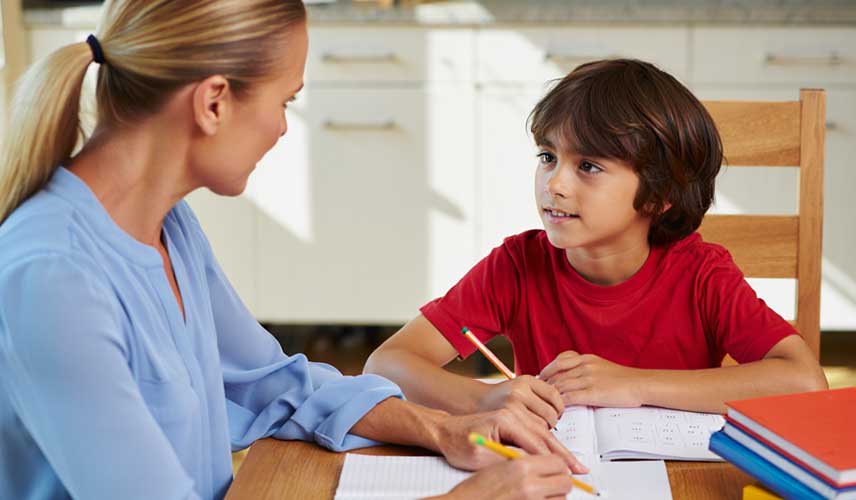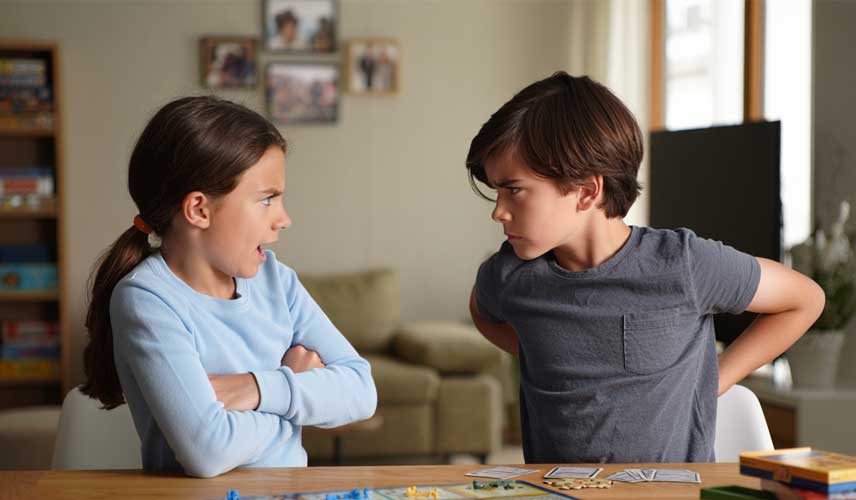
Screen-Free Family Activities Against Internet Addiction Risk

According to a study, young people living in the USA spend about nine hours a day using digital devices. Children aged 8 to 12 spend an average of six hours a day in front of screens. Do you think the situation is different for children and young people in our country? Perhaps you are able to keep your child under control in this regard. However, we are sure that there are parents around you who complain, "My child doesn't leave the computer/TV, doesn't put down their phone."
As a parent, you certainly want to provide your child with the technological opportunities they need to succeed in school life. However, you also want them to lead a balanced life and appreciate the value of human-developing, healthy offline activities.
In these times, it is not desired or expected for children to be completely away from the digital environment. But it is also important to pay attention to keeping internet and social media use at a moderate level. If you do not want your child to go overboard in this regard and become an internet addict, you should encourage activities outside of spending time on digital devices and ensure they enjoy those as well.
Encouraging moderate media use provides your child with more opportunities for the interactions and experiences necessary for healthy development. However, excessive internet use can cause serious harm to them. It can lead to an increased risk of obesity due to long hours of inactivity. Bright screens and constant mental stimulation prevent them from resting properly and getting quality sleep. Digital devices can offer excellent educational content, but they can also distract them due to fixed, empty entertainment alternatives and messaging. These are just a few of the harms that excessive time spent on the internet can cause to your child.
Below, you will find suggestions that will be useful for those looking for screen-free family activities against internet addiction. You can diversify these, using your imagination to come up with different ideas. We definitely recommend that you pay attention to this issue.
Indoor Activities
1. Make Music
Encourage your child to play an instrument or sing. Introduce them to the joy of expressing themselves through music.
2. Engage in Crafts
Keep materials related to a certain art or craft at home. Create animal figures, curtain decorations, decorative accessories, renew furniture or clothing items by hand, and make jewelry.
3. Play Board Games
Instead of watching a movie together on some evenings, spend time playing Monopoly-style games.
4. Prepare a Theater Play
Create your own production. Write a script in which every family member will take a role and prepare an environment to showcase it. Plan a puppet show.
5. Cook Together
Work together for dinner. Even small children can help with tasks like washing fruits or tearing greens for a salad.
Outdoor Activities
1. Go for a Walk
Make it a habit to take a stroll around the neighborhood after dinner. Walking is a soft, simple, and effective exercise that your child can do anywhere without needing special equipment.
2. Prepare a Garden
If you have a garden at home, work there as a family. Plant flowers and plants, and water them. If you don't have a garden, you can do this on the balcony or in a suitable corner of the house, or try to grow something by getting a few pots and soil.
3. Play Frisbee
A frisbee makes walking fun. You can also get simple materials like a hula hoop or jump rope for more variety.
4. Play with Water
Enjoying water doesn't only mean having a pool. Think about what you can do to play and have fun with water in the garden, on the balcony, or in a corner of your street.
5. Go Camping
Set up a tent or a simple gazebo in a park, picnic area, or beach near your home. Eat and drink something, while telling stories, jokes, and playing games during this time.
Practical Information for Parents Other Content in the Category

Practical Information for Parents
4 Tips for an Affordable Summer Vacation

Practical Information for Parents
10 Things to Do to Start the Day Fresh

Practical Information for Parents
What is Somatization Disorder, What are its Symptoms?

Practical Information for Parents
Good News for Working Mothers: Nursery and Caregiver Support

Practical Information for Parents
10 Ways to Deal with a Mischievous Child

Practical Information for Parents
What is Time Management and How to Do It?

Practical Information for Parents
The Importance of a Good Night's Sleep for Children and Adults

Practical Information for Parents
Screen-Free Family Activities Against Internet Addiction Risk

Practical Information for Parents
Ways to Start the Day Fresh

Practical Information for Parents
5 Tips to Be a Better Parent

Practical Information for Parents
What Does a Gardener Do?

Practical Information for Parents
About Mother's Day

Practical Information for Parents
How to Prevent Sibling Rivalry?

Practical Information for Parents
Tips to Help You Choose a Mother's Day Gift

Practical Information for Parents
